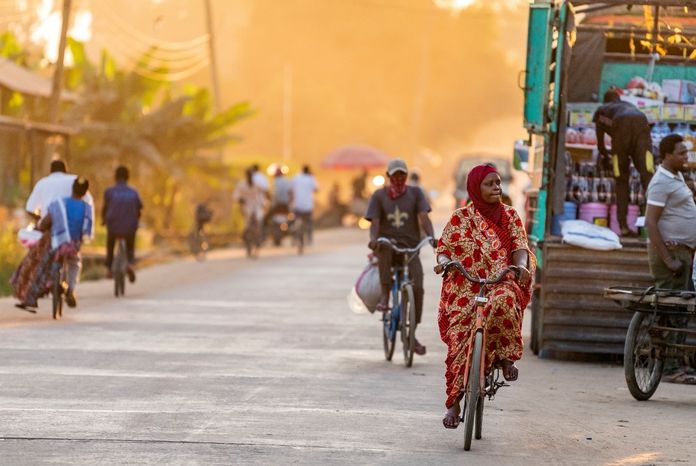
The politics of pandemics is about more than just health. It is about how we work across sectors, balancing the complex interplay between health, politics and conflicts, ensuring equity and security in times of crisis. The lessons from the COVID-19 pandemic should guide us towards a safer and more resilient future. Proactive global health governance, based on science, diplomacy and solidarity, is key to tackling future crises.
The Politics of Pandemics
Pandemics transcend geopolitical rivalries and require international cooperation, coordination and response. The political dimension of pandemics is reflected in how nations choose to share data and information, allocate resources and work together for a common goal. Countries that foster diplomatic relations and support international initiatives are better equipped to respond effectively to pandemics. A new International Treaty on Pandemic Prevention, Preparedness and Response will be discussed at next year’s World Health Assembly, including roles and responsibilities on how to deal with pandemics by the international community.
Global Health Governance and Pandemics
The COVID-19 pandemic brought about the best and the worst of humankind. While safe and efficacious vaccines against SARS-CoV-2 were developed at an unprecedented speed, access to this critical intervention was unequal. There is a pressing need for integrated surveillance-response systems, evidence-based decision-making and equitable access to global public goods. Coordinated international cooperation is essential in responding to pandemics, and our global health governance structures must evolve to meet these needs.
Health and Security
The COVID-19 pandemic highlighted that health is an integral part of safety and security. A country’s ability to protect its citizens from health threats is a critical aspect of its national security. Investing in health infrastructure, robust surveillance systems and adequate response mechanisms is not just an expense, but also a strategic investment in a nation’s security. A strong health system increases a country’s resilience in the face of pandemics and other health emergencies.
Health, Human Rights and Democracy
The balance between public health measures and individual rights is a contentious issue in dealing with pandemics. We saw during the COVID-19 pandemic how critical it was for a society to strike a balance between public health measures and civil liberties. Policymakers must navigate this delicate balance by making decisions based on science and respect for human rights. Clear communication and the respect of established political processes are pivotal.

Public Health Security and Justice for Vaccines during the COVID-19 Pandemic
The COVID-19 pandemic brought the issue of vaccine justice to the forefront. Equitable access to vaccines is not only an ethical issue but also strategically imperative for global health and security. Inequities in vaccine distribution can prolong pandemics and leave the door open for the development and spread of new strains. Our response to future pandemics must be based on principles of equity and global solidarity, ensuring that vaccines – as well as diagnostics, drugs and personal protective equipment – become available in every corner of the world.
Scientific Truth and Conspiracy Theories
The COVID-19 pandemic underscored the vital role of research and innovation and the dangers of misinformation and anti-science aggression. Trust in science and accurate information dissemination are critical to a successful pandemic response. Societies that prioritized science-based decision-making were more effective in controlling the spread of the virus. Tackling the spread of conspiracy theories is a formidable challenge that requires public health leaders, scientists, politicians and the media to work together to promote accurate information.
Migrants and Human Security
Migrant populations are particularly vulnerable to health emergencies, including pandemics. Ensuring the human security and well-being of migrants is a moral and public health imperative. Providing healthcare and support to migrant populations not only upholds human rights but also contributes to overall health security. It is essential to combat stigma and discrimination against migrants and to recognise their vulnerability in health emergencies.
Future Dimensions of Health and Security
As the pandemic landscape evolves, we must prioritise the strengthening of international cooperation and global health governance. We have seen the benefits of diplomacy, evidence-based decision-making and solidarity in the face of a common global threat. The COVID-19 pandemic showed that when nations come together, share information transparently and distribute resources equitably, we are better equipped to respond effectively to health emergencies.
As we look to the future, we must recognise that the “politics of pandemics” goes far beyond public health; it touches on security, justice and global cooperation. It is our duty to ensure that the world becomes a safer, fairer and more resilient place in the face of health emergencies. The lessons we have learned from the COVID-19 pandemic allow us to create a future where our collective well-being is at the forefront of our global agenda.